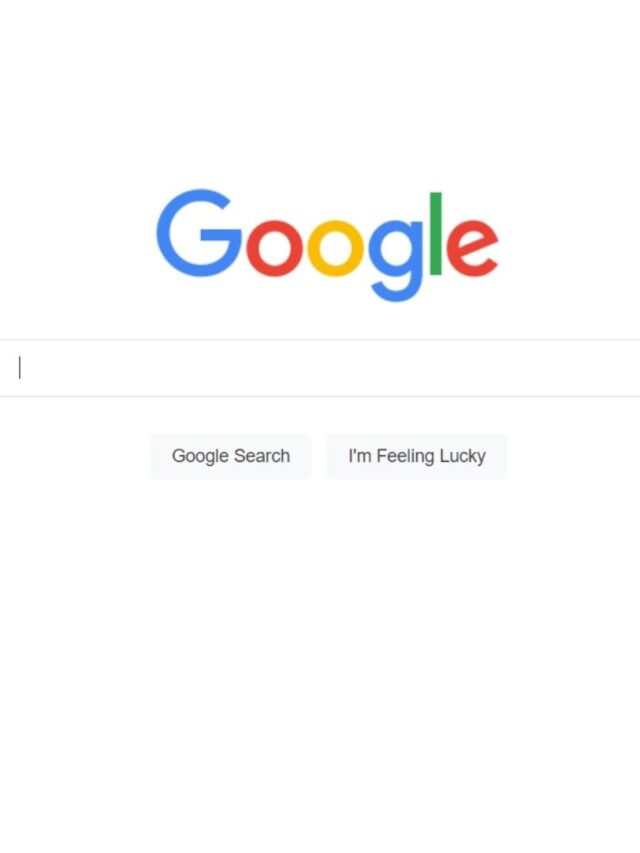When it comes to online advertising, Google and Facebook dominate the digital landscape. Together, these two platforms reach billions of users worldwide and offer powerful advertising tools for businesses, bloggers, and marketers.
However, choosing between Google Ads and Facebook Ads is not about which platform is “better” overall—it depends on your business goals, audience intent, and budget. In this article, we’ll break down the key differences, costs, reach, and use cases to help you decide which platform is right for you.

Why Advertise on Google and Facebook?
Both platforms offer unmatched scale and advanced targeting capabilities:
- Massive global user bases
- Highly refined audience targeting
- Robust analytics and conversion tracking
- Flexible ad formats for different marketing goals
Whether your objective is brand awareness, lead generation, or direct sales, both platforms can play an important role in your digital marketing strategy.
Google Ads vs Facebook Ads: Key Differences
Core Conceptual Difference
- Google Ads captures active intent—users searching for products, services, or information.
- Facebook Ads influences passive discovery—users browsing content based on interests and behavior.
This distinction is critical when deciding where to invest your advertising budget.
Google Ads vs Facebook Ads Comparison Table
| Feature | Facebook Ads | Google Ads |
|---|---|---|
| Platform Type | Social media ecosystem (Facebook, Instagram, Messenger) | Search engine and advertising network |
| Targeting Method | Demographics, interests, behaviors, engagement | Keywords, search intent, location, remarketing |
| Ad Formats | Image, video, carousel, stories, lead forms | Search ads, display ads, shopping ads, YouTube video ads |
| Audience Reach | 3+ billion monthly active users | Billions of daily searches, 2+ billion YouTube users |
| Cost Models | CPC, CPM, CPA | CPC, CPM, CPA, CPV (video) |
| User Intent | Passive browsing, interest-based discovery | High intent, problem- or purchase-driven searches |
| Ad Placements | Feeds, Stories, Messenger, Audience Network | Search results, Display Network, YouTube, Gmail |
| Best For | Brand awareness, engagement, lead nurturing | Direct sales, high-intent leads, conversions |
| Learning Curve | Easier to start, creative optimization required | More complex due to keyword bidding |
| Analytics & Insights | Strong audience behavior insights | Deep keyword, search term, and conversion tracking |
| Remarketing | Based on social interactions and engagement | Based on searches, site visits, and video views |
Google Ads Explained (SEM Overview)
Google Ads is primarily associated with Search Engine Marketing (SEM). Your ads appear when users actively search for keywords related to your product or service. If your website is relevant, Google displays your ad prominently in search results or across its partner networks, including YouTube and display websites.
Best use cases for Google Ads:
- High purchase intent products or services
- Local services and urgent needs
- E-commerce and lead-driven businesses
Facebook Ads Explained (SMM Overview)
Facebook Ads fall under Social Media Marketing (SMM). Advertisers can promote pages, posts, websites, messages, and lead forms while targeting users based on interests, demographics, and online behavior.
Best use cases for Facebook Ads:
- Brand awareness and engagement
- Content promotion and traffic generation
- Lead generation and remarketing
Facebook Ads vs Google Ads: Cost Comparison
There is no universal answer to which platform is cheaper. However, Facebook Ads generally have a lower cost per click (CPC) than Google Ads.
Ad costs depend on several factors:
- Campaign objective (traffic, leads, conversions)
- Target audience demographics and location
- Industry competition
- Ad format and placement
- Quality of creatives and landing pages
Google Ads often cost more because search intent is clearer—users are actively looking to buy or hire.
Facebook Ads vs Google Ads: Reach and Conversions
Both platforms offer enormous reach, but reach alone does not guarantee conversions.
- Facebook Ads excel at reaching users early in the buying journey.
- Google Ads perform better when users are closer to making a decision.
Choosing the right platform depends on where your audience is in the funnel.
SEO vs Paid Advertising
SEO (Search Engine Optimization)
SEO focuses on driving organic traffic through content optimization, technical improvements, and backlinks. While you don’t pay for clicks, SEO requires time, consistency, and often professional tools or expertise.
Paid Ads (Google & Facebook)
Paid advertising delivers immediate, targeted traffic. You trade time for money and gain faster visibility, but results stop when spending stops.
Best strategy: use SEO and paid ads together for long-term and short-term growth.
Which Platform Should You Choose?
- Choose Facebook Ads if:
You are a blogger, content creator, or brand focused on awareness, engagement, or community growth (e.g., travel, entertainment, lifestyle). - Choose Google Ads if:
Your business depends on sales, bookings, or high-intent leads (e.g., services, e-commerce, local businesses).
Many successful marketers start with Facebook Ads due to lower costs and later scale with Google Ads as content and demand grow.
Final Verdict: Google Ads vs Facebook Ads
There is no single winner. The best platform depends entirely on your business model, audience intent, and marketing goals.
- Facebook Ads are ideal for discovery and engagement.
- Google Ads are ideal for conversions and purchase-ready users.
For best results, integrate SEO, Facebook Ads, and Google Ads into a balanced digital marketing strategy.
